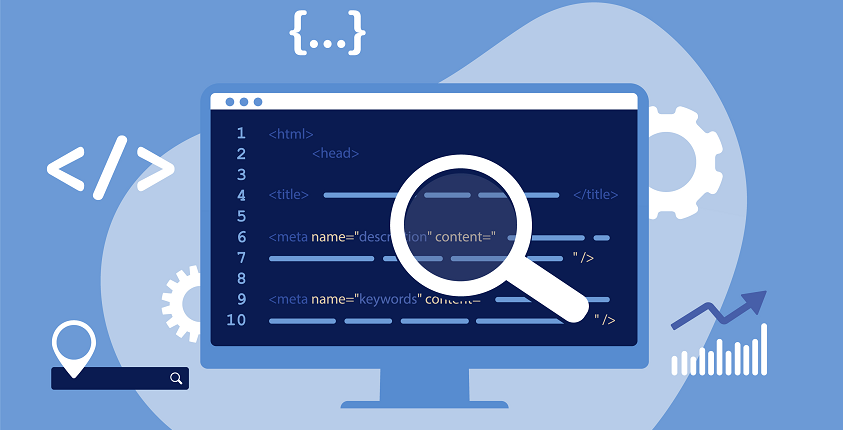Should You Use SEO for Your Business?

Are you using SEO in your business? Do you know what it is? What it means? SEO stands for Search Engine Optimization. A simple definition of SEO is website optimization to drive traffic from organic search results. By following best practices, you can improve your website’s ranking when people search for relevant terms on Google or other search engines. The higher your rank, the more likely someone is to click on your website.
A website ranking on the first page of the search results will get more visits than one ranking on the second page (or even lower); a site in the top 5 results will get more visits than one in the bottom half of the top 10; the top-ranked site will get the most visits of all.
SEO is all about helping you move closer to the top.
How It Works
SEO is more art than science. There’s nothing you can do to guarantee rankings or traffic, but by understanding and aligning with the search engine algorithms, you can give your website the best chance over the long run.
On Page vs. Off-Page
Within SEO, there are two sides of the coin: on-page SEO and off-page SEO.
On-page covers all the things you can do on your own site and on specific pages to improve your SEO, such as:
- Page copy with keywords
- Page URLs
- Meta-tags
- Loading speed
Off-page, on the other hand, is a way to describe all the SEO factors that search engines look at beyond just your own site and page, such as:
- Inbound links
- Social media conversation
- Local or industry online communities
Time and Cost
With SEO, there is no direct cost required. You can’t pay a fee to a search engine to improve your ranking, and there is no increased cost to pay for getting more visitors to your site. However, that doesn’t mean SEO is free.
First, this is a time-consuming, ongoing task. You have to factor in the time that you or members of your team spend working on SEO, even if you’re not directly spending money on the SEO activities themselves.
And while there is no cost required for SEO, you can choose to spend money by working with an SEO agency who will engage in SEO activities on your behalf. You have to either invest time or money into building your SEO, or a mix of both.
Also, keep in mind that SEO is a long-term strategy. You should not expect to see results from your efforts for several months, as it takes a long time for your pages to build SEO value and climb up the rankings.
Should You Use SEO?
So when and how should you use SEO as part of your digital strategy? Let’s start by listing some pros and cons:
Pros:
- Builds long-term value
- Results are consistent over time
- Visibility builds up your brand reputation
Cons:
- Results take a long time to show up
- You have to keep up with algorithm changes
- It requires a significant time commitment
SEO should be a part of your digital marketing strategy when you are thinking about building up your brand for the long-term, driving consistent, steady results as you grow.
